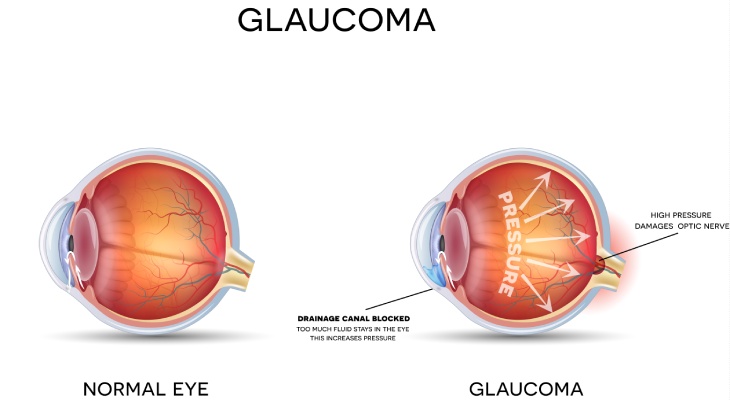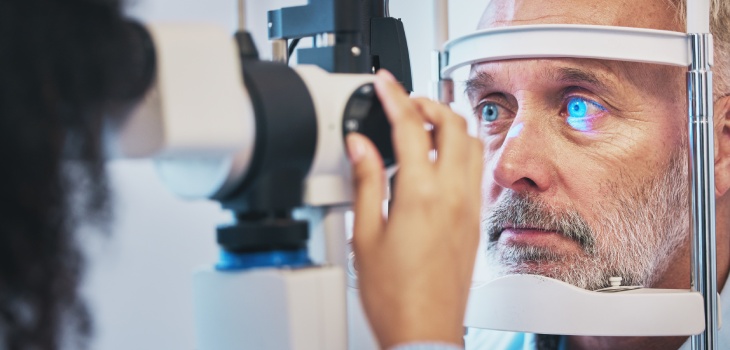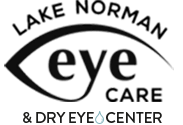Glaucoma isn’t just one disease but a group of eye conditions that damage the optic nerve, which is vital for good vision. This damage is often caused by abnormally high pressure in your eye, leading to gradual loss of vision. What makes glaucoma particularly insidious is its sneaky nature – it can develop slowly over many years without causing noticeable symptoms until irreversible damage has occurred.
Who is at Risk?
While glaucoma can affect anyone, certain factors increase the risk, particularly as we age. Individuals over the age of 60, those with a family history of glaucoma, people of African, Hispanic, or Asian descent, and those with certain medical conditions like diabetes or high blood pressure are at higher risk.
Recognizing the Symptoms
Unfortunately, in its early stages, glaucoma typically has no symptoms. As the condition progresses, peripheral (side) vision may gradually diminish, leading to tunnel vision. By the time individuals notice changes in their vision, irreversible damage may have already occurred. This is why regular eye exams are crucial, especially as we age.

Diagnosis and Treatment
Early detection is key in managing glaucoma and preventing vision loss. During your routine eye exams at Lake Norman Eye Care in Mooresville, NC, Dr. Mason Williams and Dr. Angela Harris will measure your eye pressure, examine the optic nerve, and assess your visual field to detect any signs of glaucoma. If diagnosed, treatment aims to lower intraocular pressure through medications, laser therapy, or surgery to prevent further damage.

Importance of Regular Eye Exams
For all ages, but especially for middle-aged and elderly individuals, prioritizing regular eye exams is paramount. These exams not only assess your visual acuity but also screen for underlying conditions like glaucoma. Detecting glaucoma in its early stages allows for timely intervention, preserving precious vision and maintaining quality of life.


